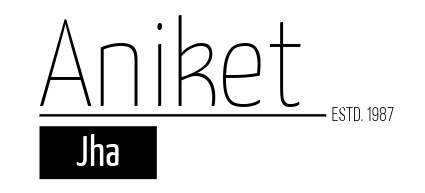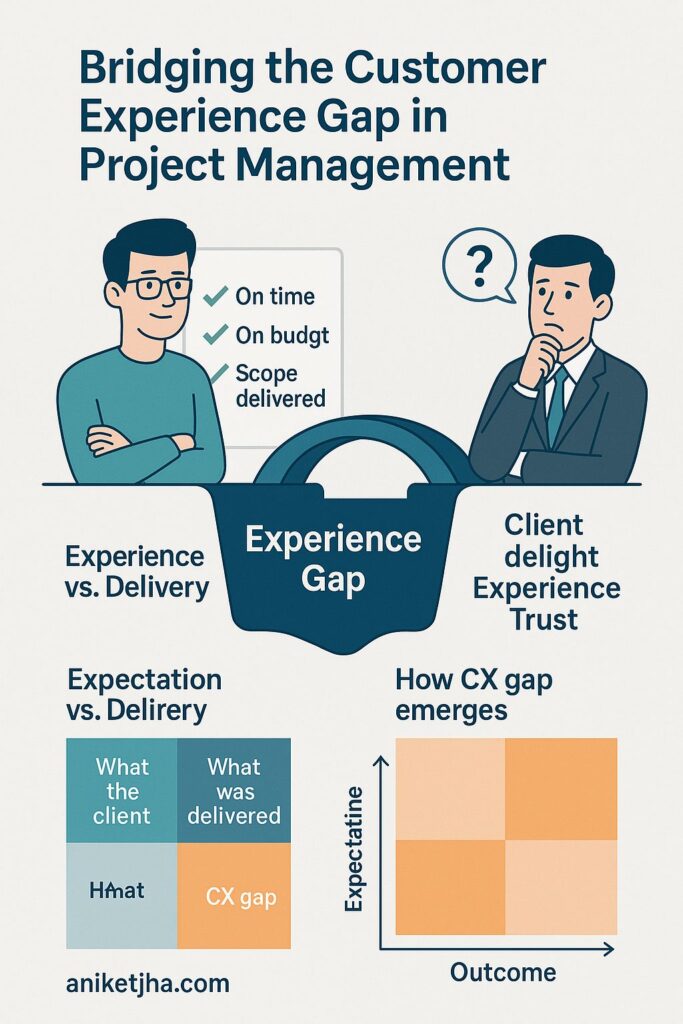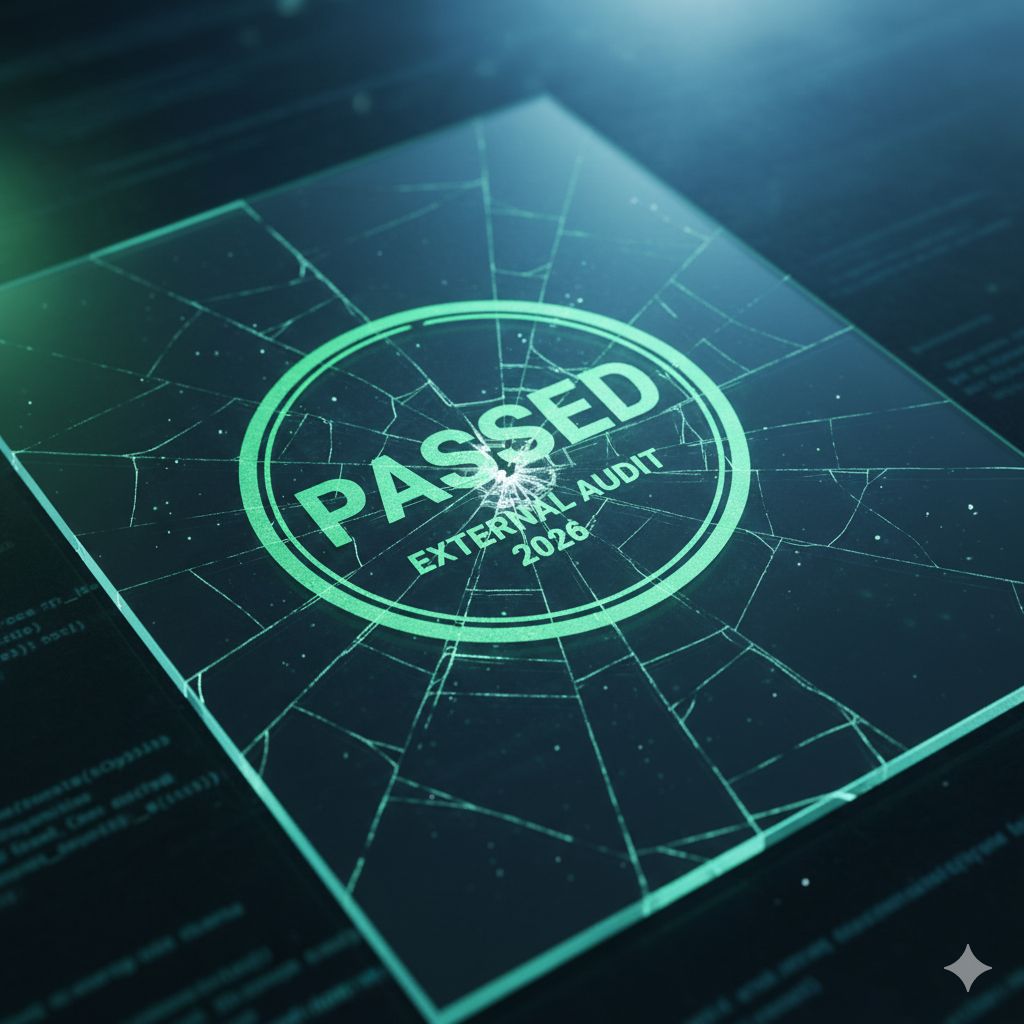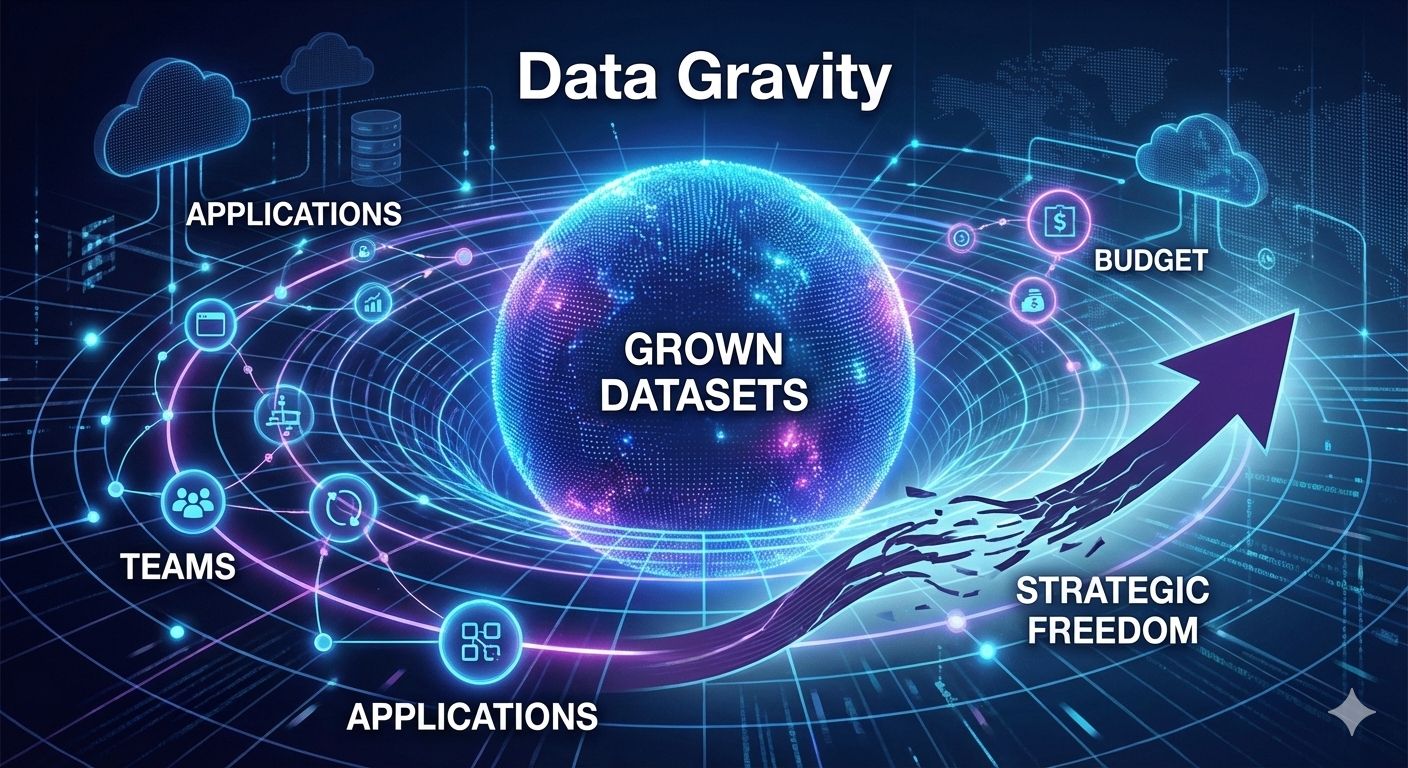Because delivering on time isn’t enough if the experience feels off.
The Experience Gap That Projects Can’t Afford
You checked every box:
✔ On time
✔ On budget
✔ Delivered the promised scope
…But the client still doesn’t seem happy.
That’s the Customer Experience (CX) Gap — the subtle (but significant) difference between what you deliver and how the customer perceives its value.
And often? It starts with unrealistic or unspoken expectations.
Where Does the Gap Begin?
Here’s how it typically shows up:
• Clients expect transformation, but you deliver transaction
• You’re working towards KPIs, while they’re measuring impact
• “Done” to you means delivered. To them, it means delighted
Key Insight: When expectations aren’t co-created and revisited, they drift—and so does trust.
How to Bridge the Gap
Set Realistic Expectations Early — and Revisit Often
• Align on outcomes, not just outputs
• Define what success looks and feels like from the customer’s point of view
• Use a “No Surprises” approach: Communicate progress and shifts transparently
Revalidate expectations at each milestone. Don’t assume alignment holds without check-ins.
Use Frameworks to Track & Improve Experience
Customer Journey Mapping (CJM)
Understand what the client sees, feels, and needs across each touchpoint of the project.
→ Helps you catch pain points before they fester.
RATER Model (SERVQUAL)
Dimensions of Experience to Evaluate:
• Reliability – Did we deliver what we promised?
• Assurance – Did the customer feel confident in our capability?
• Tangibles – Were outputs polished and professional?
• Empathy – Did we understand their real pain points?
• Responsiveness – Did we act quickly when issues came up?
Score yourself and the project across each of these 5. A low score in any area = experience gap
The Project Experience Quadrant
| High Value Delivered | Low Value Delivered | |
| High Experience | 🌟 Stellar Success (Keep doing this!) | 😬 Style > Substance (Be careful!) |
| Low Experience | 😕 Hidden Hero (You delivered, but no one noticed) | 💥 Total Misfire (Redesign everything) |
The sweet spot is high value + high experience—anything else is a chance to improve.
Expectation Matrix
Map:
• What the client expects
• What they need
• What you planned
• What was delivered
This becomes your gap-closer blueprint.
Create Feedback Loops (Not Just Surveys)
• Many teams collect feedback at the end—but it’s too late by then.
• Instead, use mid-project pulse checks (e.g. “How confident are you right now in the outcome on a scale of 1–10?”).
• Combine quantitative (e.g., CSAT) with qualitative feedback (“What’s working/not working for you right now?”).
Visualize the “Expectation vs. Delivery” Gap
Include a simple infographic or chart showing:
• What the client expected
• What was delivered
• What was experienced
You could even make a “before/after expectations” heatmap to drive this visually home.
Build an “Expectation Management Toolkit”
Offer readers a downloadable or visual toolkit they can use:
• Kickoff expectation alignment templates
• Feedback loop questions
• Client emotion mapping
• Issue escalation ladder
Emotional/Relational Insights
Acknowledge the Human Side
• Every client has internal politics, pressures, and personas.
• Sometimes the gap isn’t technical—it’s emotional.
“Make your client look good internally, and they’ll trust you forever.”
Celebrate Small Wins with Clients
Don’t wait for the launch to share appreciation.
• Use mid-point demos, Slack kudos, or email shoutouts.
• Show your client their voice is shaping the project.
CX Self-Assessment Quiz
How aligned is your delivery to customer expectations?
Rate from 1–5:
1. We co-create success definitions with the customer
2. We check in on emotional sentiment, not just status updates
3. We adapt delivery based on client feedback—even mid-project
4. Our team understands the customer’s why, not just what
5. We reflect on client experience in retros and improvement plans
🔍 Scoring:
• 21–25: Experience-first delivery pro
• 15–20: Strong foundation, needs polish
• <15: Big opportunity to elevate client engagement




